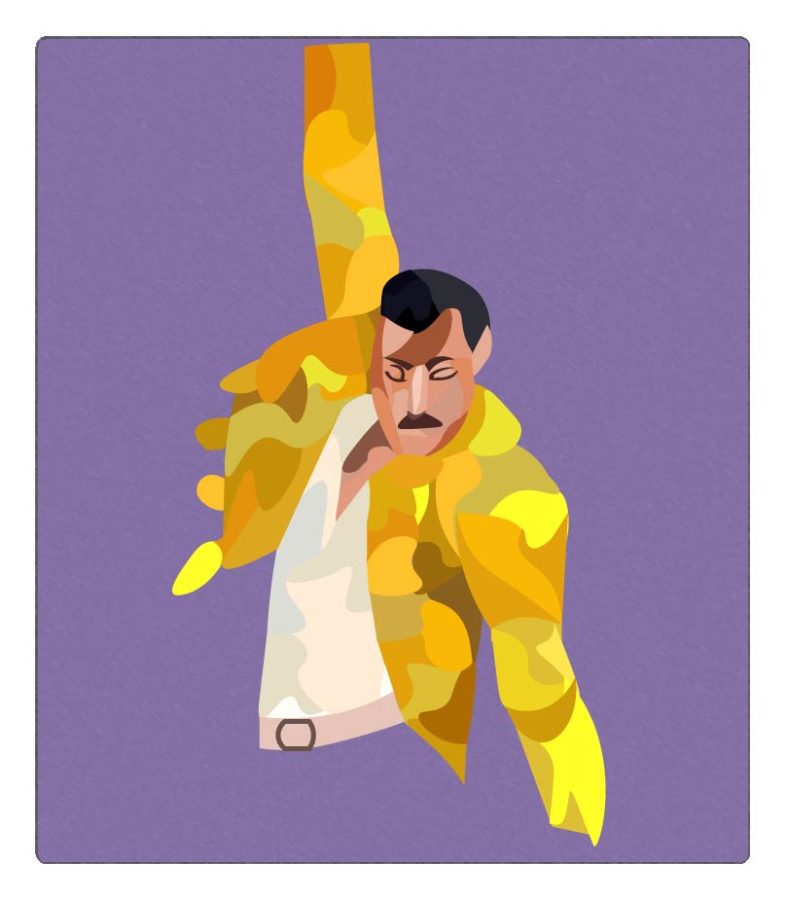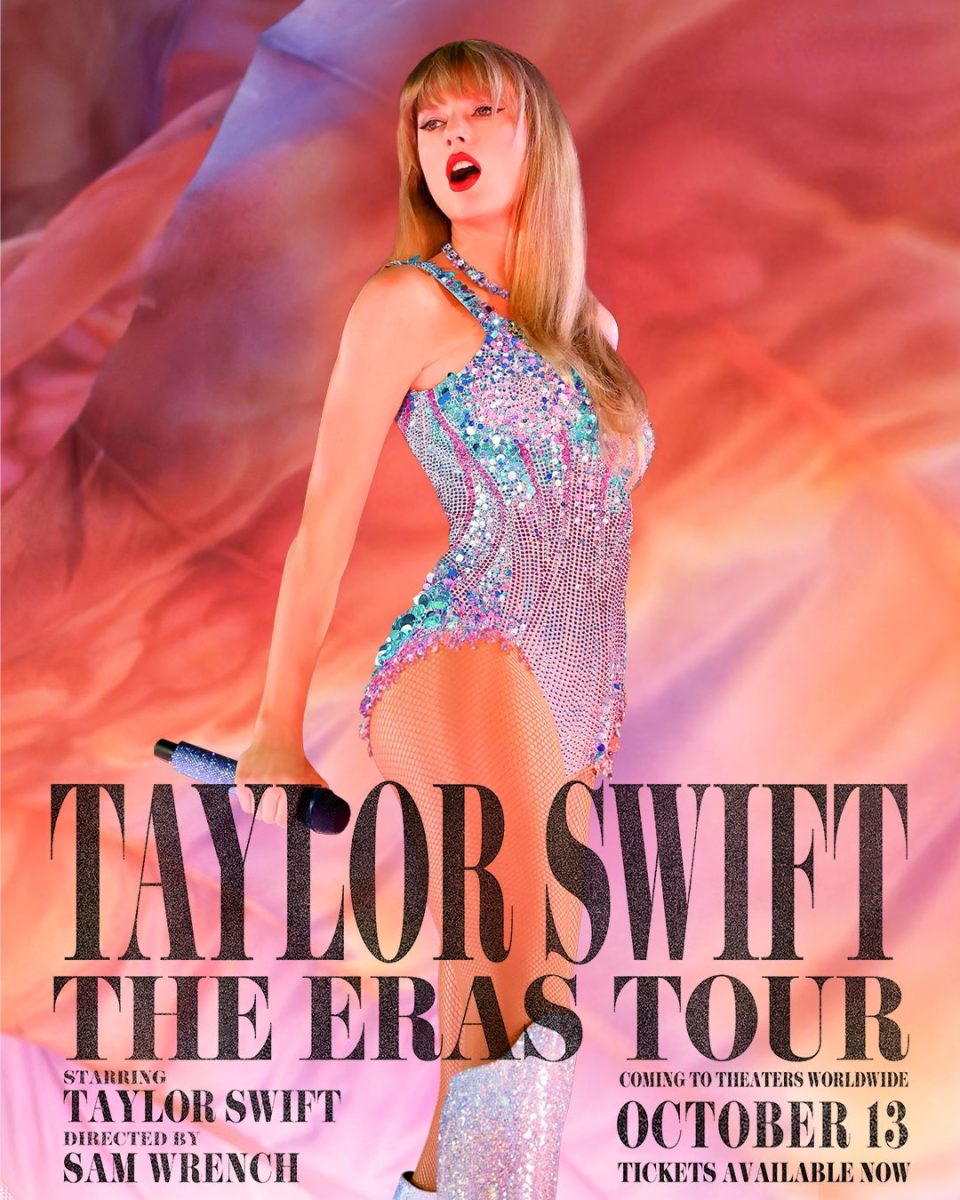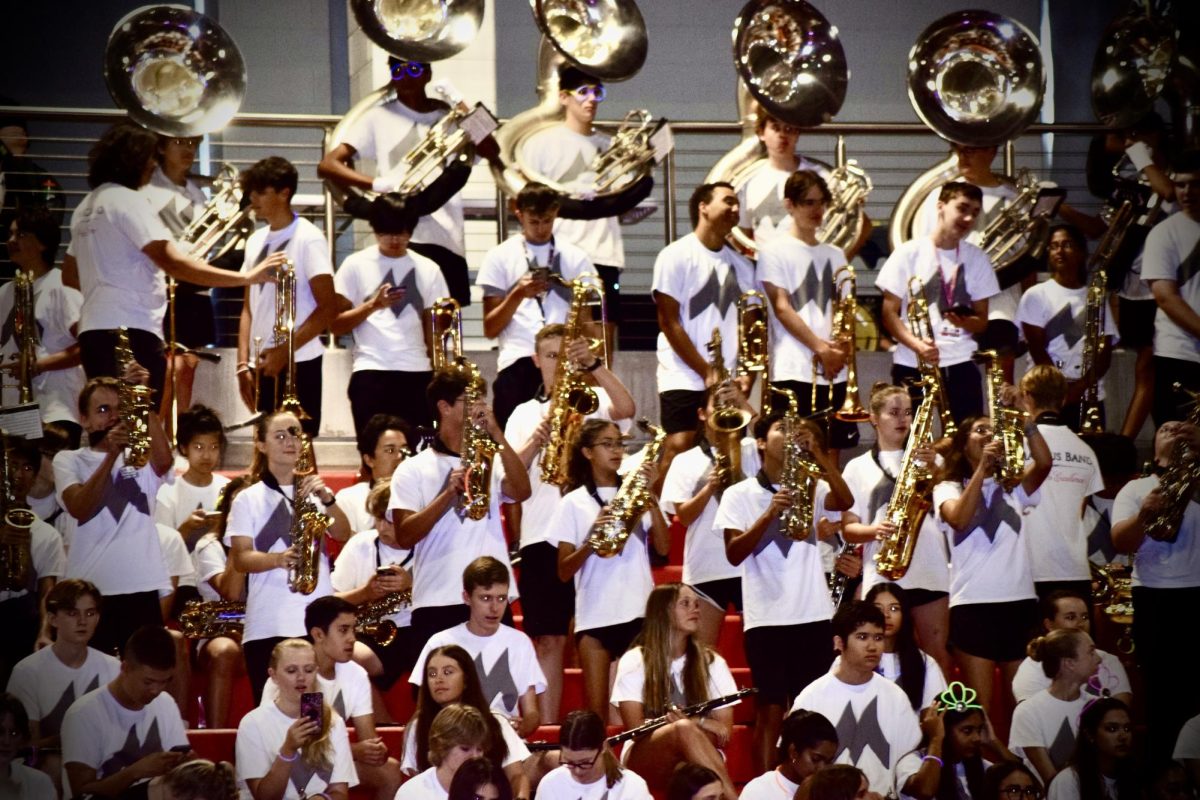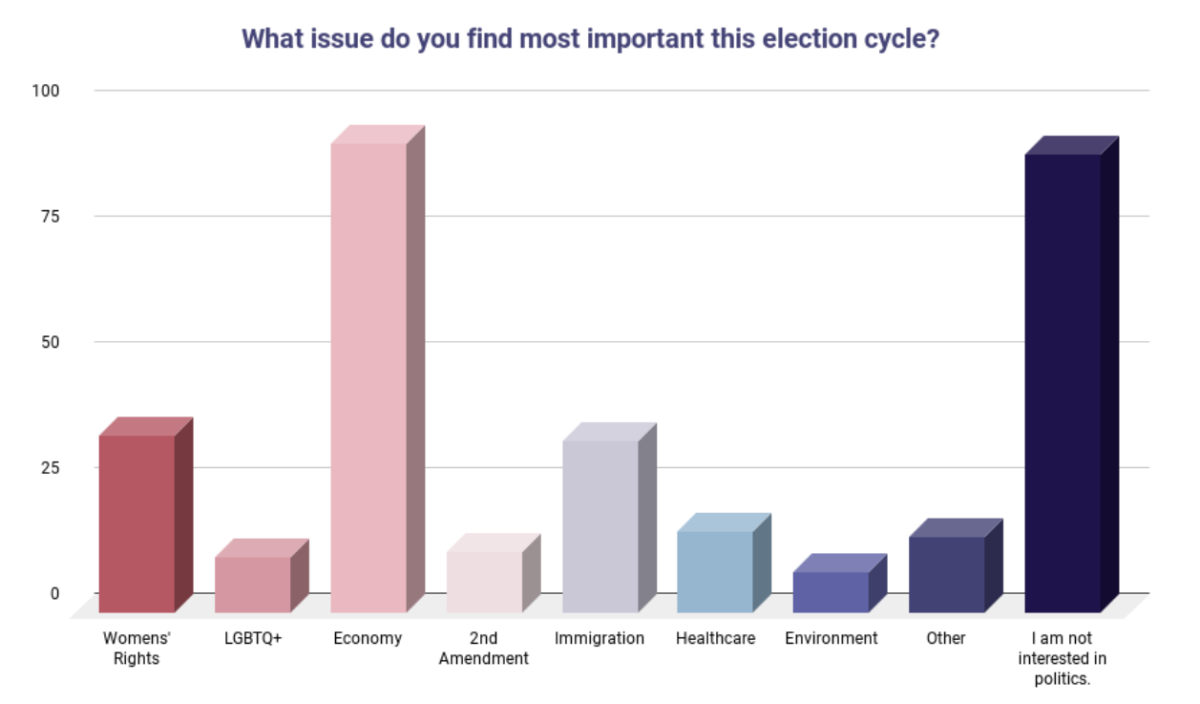For many people, Queen was just one of the greatest rock bands of the 70s and 80s. However, audiences walking out of the film Bohemian Rhapsody know that there was nothing simple about Queen or its frontman Freddie Mercury. The band constantly pushed boundaries, merged genres and challenged societal norms. Bohemian Rhapsody perfectly captures the groundbreaking achievements of the band. It balances telling the band’s success story while paying tribute to the late Freddie Mercury, and this film, much like Mercury himself, is something extraordinary to behold.
The film shows a side of Mercury that many casual fans wouldn’t know of if it weren’t for his depiction in this film. Despite being one of the greatest rock stars of all time, Mercury possesses a genuine kindness that many others in his position lack. In the first few scenes, Rami Malek establishes Mercury’s sweet nature that makes him easy to love. The audience quickly falls in love with Mercury along with leading lady Mary Austin (Lucy Boynton). Malek masterly blends arrogance and kindness, bringing to life the unique rock star that was Freddie Mercury. The film gives the audience a deeper insight into Mercury’s character, which only makes the real-life ending more tragic and heart wrenching.
While Malek is the undeniable star of the film, the other characters don’t fade into the background. They mimic reality in that they support Mercury’s outlandish personality. Gwilym Lee is a dead ringer for lead guitarist Brian May and he successfully establishes himself while going face-to-face with Malek. Ben Hardy as Roger Taylor manages to make his own dynamic impression among a cast of literal rock stars, and Lucy Boynton’s Mary Austin defies the girlfriend stereotype and remains a strong influence in Mercury’s life up until his death even after their relationship ended.
Despite the film’s amazing performances, other features of the film fall flat. The script tells the PG-13 version of Queen’s story and, consequently, parts of the story lose their uniqueness and become bland. Also, due to the dramatic controversy surrounding the film’s original director, Bryan Singer, the directing fails to make an impression. With a few sequences being exceptions, the film, visually, begins to look like more of a TV movie.
However, the film’s shining moment lies in the Live Aid sequence. For a performance considered one of the greatest live musical performances of all time, it would seem almost impossible to capture the iconic concert. However, the film manages to not only pay tribute to the event, but make the audience feel like they are at Wembley Stadium in 1985. The direction and execution of the scene immortalizes the concert for future generations to watch and enjoy.
With the film being centered around one of the best rock bands of all time, it seems obvious that the music would stand out in the film, but it not only stands out, it becomes a character in itself. These are songs that everyone knows, and they bring a sense of familiarity to the film that it couldn’t have achieved without them. You might not know Queen’s whole story, but if there is one thing you know, it’s the music they produced. The songs are scattered throughout the film, not in the order in which they came out, but where they fit with the story, making them pack a much more emotional punch. The use of “Who Wants to Live Forever” will bring tears to even casual fans’ eyes.
Despite some minor problems, Bohemian Rhapsody is a can’t miss experience for everyone who loves this band. It’s not a perfect film, and audiences aren’t going to get a complex plot and crisp cinematography. They’re going to learn Queen’s story and experience the music, whether it be for the first time or the thousandth time. Bohemian Rhapsody succeeds in the seemingly impossible task of telling the whole band’s story while still being a loving valentine to Freddie Mercury himself. With its brilliant performances and head-banging sound, this film will have you tapping your feet and clapping your hands throughout its entire two-hour run time.















